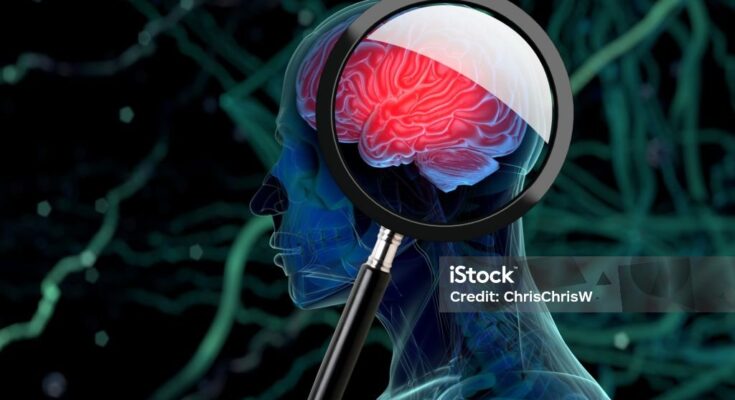Meningitis is a severe condition that is defined as the inflammation of the membranes around the brain and spinal cord. It may have different origin which will make treatment different and outcomes different also. Knowledge on the causes, signs and signs and symptoms as well as the management is essential for early diagnosis and treatment.
Causes of Meningitis
Meningitis can be classified into several types based on its causative agents:
Viral Meningitis: This is also known as the coxsackievirus and echovirus that is responsible for most cases of this disease. Some Other causes of viral meningitis include the herpes simplex virus and the West Nile virus. This is more often manifested as fewer symptoms and is more often reactive in nature.
Bacterial Meningitis: This is a more severe form and therefore fatal. Common bacteria that cause meningitis include:
Neisseria meningitis Also called meningococcal meningitis
The most common bacterial causes of meningitis are Streptococcus pneumonia also known as pneumococcal meningitis.
Hemophilus influenza type b or Hib Bacterial meningitis is a medical emergency as it can worsen quickly and cause many health issues.
Fungal Meningitis: The fourth type is comparatively rare with the viral or bacterial ones and is characteristic of immunocompromised persons. Some fungi which include Cryptococcus leads to meningitis; something that affects the ones with HIV/AIDS among others.
Parasitic Meningitis: Some parasites can also cause meningitis though this is very much exceptional. For instance, Naegleria fowleri is a rare fresh water ameba which may cause a fatal form of meningitis.
Non-infectious Meningitis: It can be caused by autoimmune diseases, some forms of cancer or may be the side effect of some medication.
Symptoms of Meningitis
Some of the signs and symptoms can only occur in certain ages or type of meningitis they are suffering from. Common symptoms include:
Fever: Mild to severe, it can be the first and only symptom in most cases.
Headache: It is featured by severe and persistent headaches.
Stiff Neck: An inability to bent the neck forward is a symptom of this condition.
Nausea and Vomiting: These symptoms are usually seen where there is headache and fever.
Sensitivity to Light: Sometimes known as photophobia, this can be especially troublesome.
Altered Mental Status: It’s common to experience specific symptoms such as confusion or to feel drowsy or to have difficulty concentrating or to have a headache if the situation is severe.
Skin Rash: In meningococcal meningitis the rash which may appear is one that does not fade when pressure is applied.
Symptoms in this age group include more generalized signs such as increased irritability, poor feeding, and separation of the soft spots on a baby’s head.
Diagnosis
The diagnosis of meningitis usually depends with the clinician’s assessment and investigations. A tap on the spinal cord (lumbar puncture) is done to determine whether CSF contains features of infection. Blood tests, CT or MRI scans as well as throat cultures may also be employed.
Treatment of Meningitis
The treatment for meningitis depends on its cause:
Viral Meningitis: Often with this type no particular therapy is deserved. Most of the carers need only fluid support and analgesia for their patients. In some cases, antiviral drugs may be required, for instance in herpes simplex virus this is true.
Bacterial Meningitis: This is a medical emergency. What needs to be done is vigorous intravenous antibiotic therapy and corticosteroids for control of inflammation. The use of antibiotics depends on the bacteria firmly isolated, you always get details from a pathologist about which antibiotic serves which bacteria.
Fungal Meningitis: Such infections respond to antifungal agents and may take long time before treatment can be completed.
Supportive Care: No matter what sort of stroke, supportive care is crucial and entails treating related issues like fever or pain or making sure the patient has correct hydration.
Prevention
General prevention of bacterial meningitis involves immunization which is effective in controlling some of the bacteria. Vaccines are available for:
Meningococcal disease
Pneumococcal disease
Hib
Infrequent hand washing and close contact with infected individuals also exposes a person to the viruses that cause viral meningitis hence reducing on the practice can also help avoid viral meningitis
Conclusion
Meningitis is a severe disease which calls for immediate treatment. Early detection of the symptoms and knowledge of the cause has a stark positive impact on prognosis. The major types of meningitis that are possibly preventable by vaccination and good health practices support the need to heighten public health awareness to lower occurrences of meningitis. For any suspicion of meningitis, it is advisable simply to see the doctor at once.



